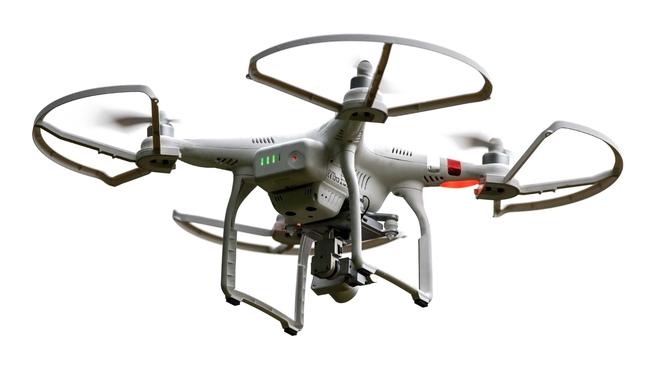UniSA develops system to detect elderly fall victims and dispatch first aid drones
UniSA has developed – and successfully tested – wearable sensors that will summon a first aid drone if the elderly user suffers a fall.
Wearable sensors that detect when older people have falls, triggering a response system including “first aid drones”, have been developed by UniSA researchers and tested successfully in Iraq.
The wireless sensors, attached to the upper arm, monitor vital signs including heart rate to determine with 99 per cent accuracy that the wearer has suffered a fall.
The fall detection device also has a GPS module to pinpoint the person’s location.
An SMS alert can be sent to an emergency call centre where information from the device about the patient’s condition and location can be matched with a database of medical records.
In theory, centre staff can then determine the best cause of action which, depending on the circumstances, may be dispatching a drone with equipment such as a first aid kit, medication, defibrillator and instructions.

UniSA sensor systems expert Professor Javaan Chahl said drones might be appropriate when patients had carers with them (or loved ones or neighbours nearby who can be alerted), or when patients were not so badly injured that they could reach a door to meet the drone.
While the call centre was theoretical at this point, he said a feasibility study with research partners in Iraq had shown that drones were always faster than ambulances.
The research, published in Sensors, says they were quicker by an average of 32 per cent, tested in four locations around the northern Iraqi city of Erbil. It also confirmed the accuracy of the fall detection device that Prof Javaan said was “as close as we can get to 100 per cent”.
He said even when an ambulance was needed, it could be useful in some cases if a drone got there first to take photos of the patient and location so paramedics were armed with as much detail as possible when they arrived.
“There’s many different concepts that could be explored,” he said.
UniSA adjunct senior lecturer Dr Ali Al-Naji is the link to Iraq. He did his PhD at UniSA and is now based at Baghdad’s Middle Technical University.
